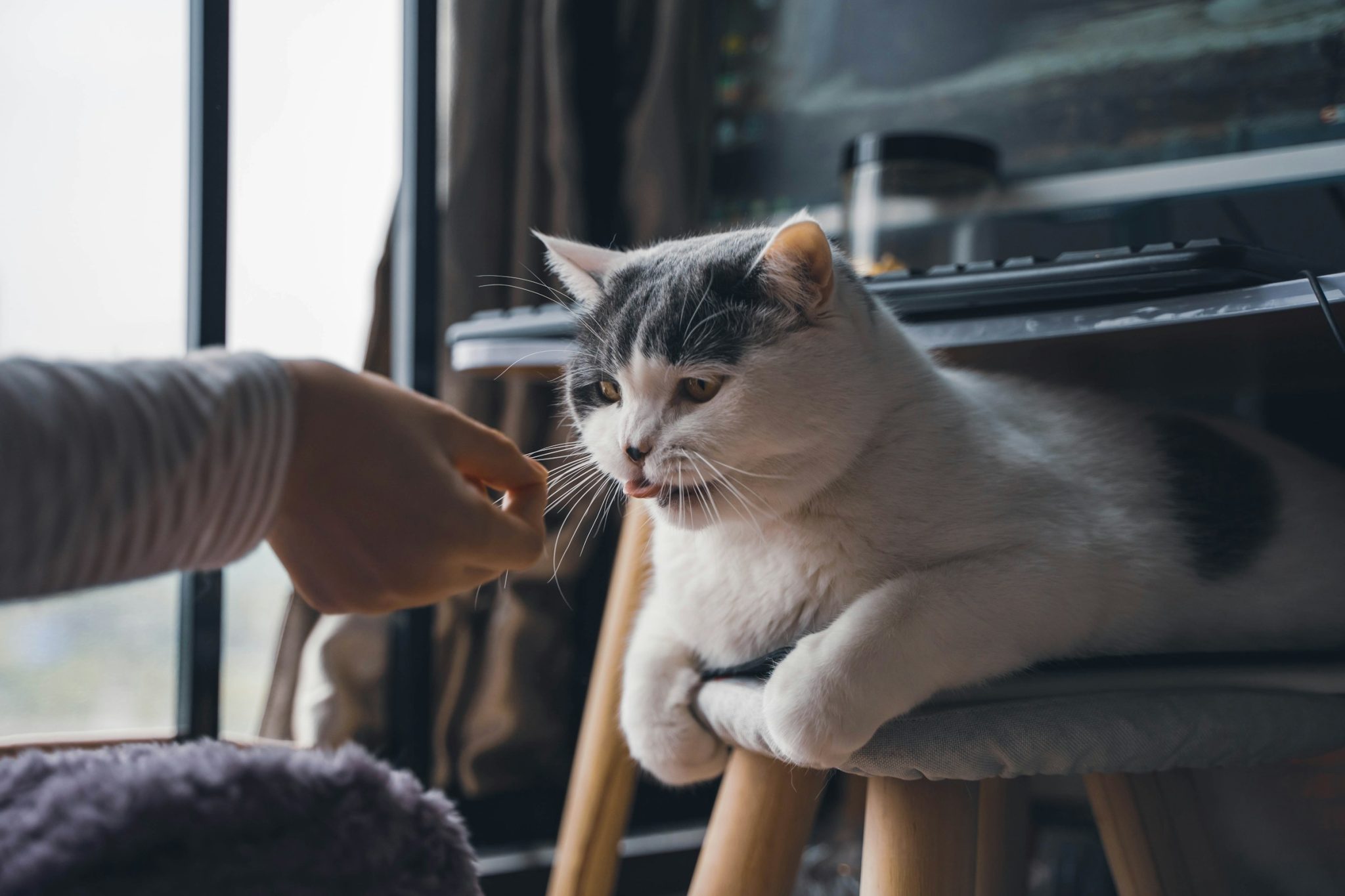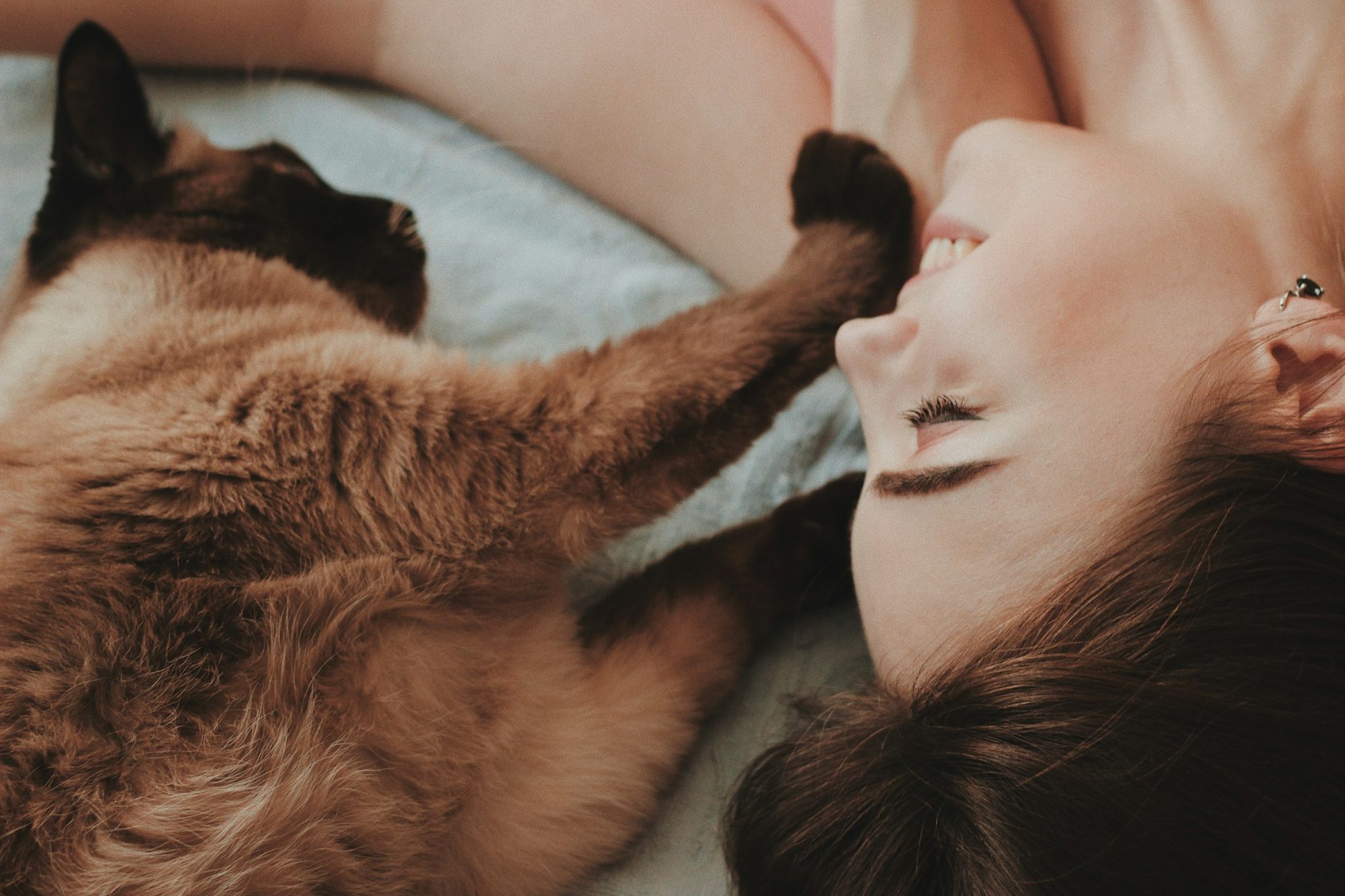Cats, with their enigmatic charm and graceful demeanor, have a unique set of dietary requirements that are crucial for their overall health and well-being. As conscientious pet owners, it’s imperative to grasp these fundamental elements that constitute a cat’s diet to ensure they thrive.

Table of Contents
Protein: The Pillar of Feline Nutrition
Protein serves as the bedrock of a cat’s diet. As obligate carnivores, cats rely on animal-based proteins to meet their biological needs. These proteins furnish essential amino acids like taurine, which are pivotal for maintaining heart health, vision, and reproductive function. Optimal sources of protein encompass meat, poultry, and fish, forming the cornerstone of a cat’s nutritional intake. Incorporating raw cat food, which mimics a feline’s natural diet, can provide an additional source of high-quality protein and essential nutrients, enhancing their overall health and vitality.
Hydration: A Vital Fluid for Vitality
Adequate hydration is paramount for a cat’s well-being. Despite their desert-dwelling ancestry, cats often exhibit a low thirst drive, making it essential to ensure they consume enough water. Incorporating moisture-rich diets such as wet or canned food can bolster their hydration levels. Proper hydration not only prevents urinary tract issues but also supports kidney function, safeguarding against dehydration-related complications.
Fats: Essential for Energy and Vital Functions
Fats provide concentrated energy and play a crucial role in sustaining healthy skin and fur, as well as facilitating various bodily functions. Essential fatty acids like omega-3 and omega-6 are indispensable for immune function and inflammation regulation. Sources of these fatty acids include fish oil and select plant oils, emphasizing the importance of maintaining a balanced fat profile in a cat’s diet.
Vitamins and Minerals: Micronutrient Fortification
Essential vitamins and minerals are integral for diverse physiological processes in cats. From vitamins A, D, E, and K to minerals like calcium, phosphorus, and potassium, each contributes to overall health and vitality. While premium cat foods often contain adequate micronutrient levels, ensuring a balanced and complete diet remains paramount to prevent deficiencies or excesses that may lead to severe health complications.
Taurine: The Non-Negotiable Nutrient
Taurine warrants special attention due to its critical role in feline nutrition. Unlike many mammals, cats cannot synthesize taurine adequately and must obtain it through their diet. Taurine deficiency can result in severe health issues, including cardiac abnormalities and vision impairments. High-quality cat food formulations typically incorporate sufficient taurine levels, underscoring its indispensability in a cat’s diet.
Fiber: Supporting Digestive Wellness
Although primarily carnivorous, cats still require modest fiber intake to maintain optimal digestive health. Fiber aids in gastrointestinal motility, mitigates constipation, and reduces the risk of hairball formation, particularly in long-haired breeds. Striking the right balance is crucial, as excessive fiber intake may provoke digestive disturbances.

Moderation and Avoidance of Harmful Foods
Alongside prioritizing nutritious elements, it’s imperative to recognize and steer clear of foods that pose harm or toxicity to cats. Chocolate, onions, garlic, alcohol, caffeine, and certain plants like lilies are common offenders. Additionally, while milk is often associated with cats, many are lactose intolerant, necessitating caution unless specifically formulated as cat milk.
In essence, a well-rounded diet tailored to a cat’s nutritional requirements lays the foundation for their longevity and vitality. By emphasizing quality protein, hydration, essential fats, vitamins, and minerals while exercising moderation and avoiding harmful foods, you can ensure your feline companion enjoys a vibrant and fulfilling life. Consulting with a veterinarian for personalized dietary guidance tailored to your cat’s unique needs further enhances their well-being. After all, a nourished cat is a contented cat!
- About the Author
- Latest Posts
Whether she is researching the latest trends in home decor, life-changing destination getaways, or the best way to maintain your finances, Dewey takes pride in leaving no stone unturned. She is passionate about distilling and delivering high-quality information that you can use to upgrade your life.

